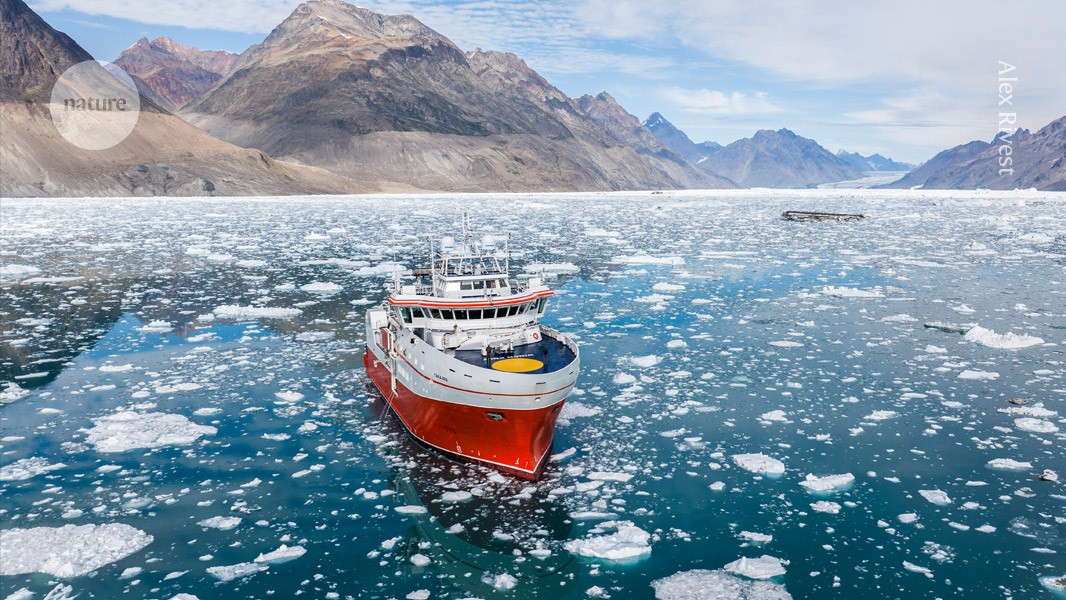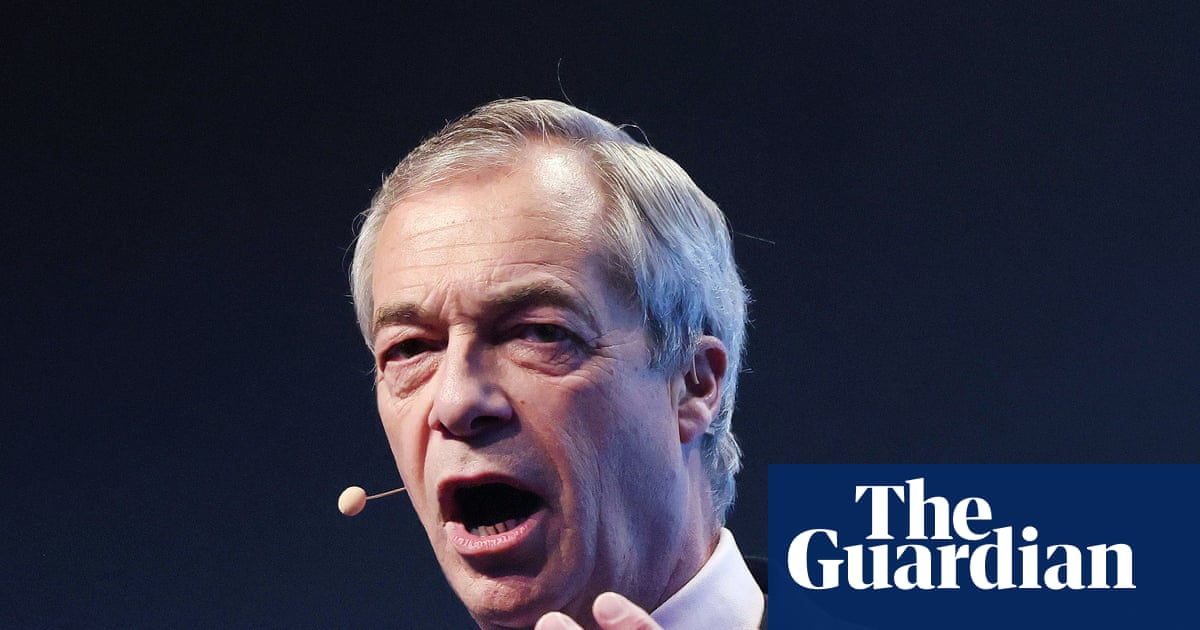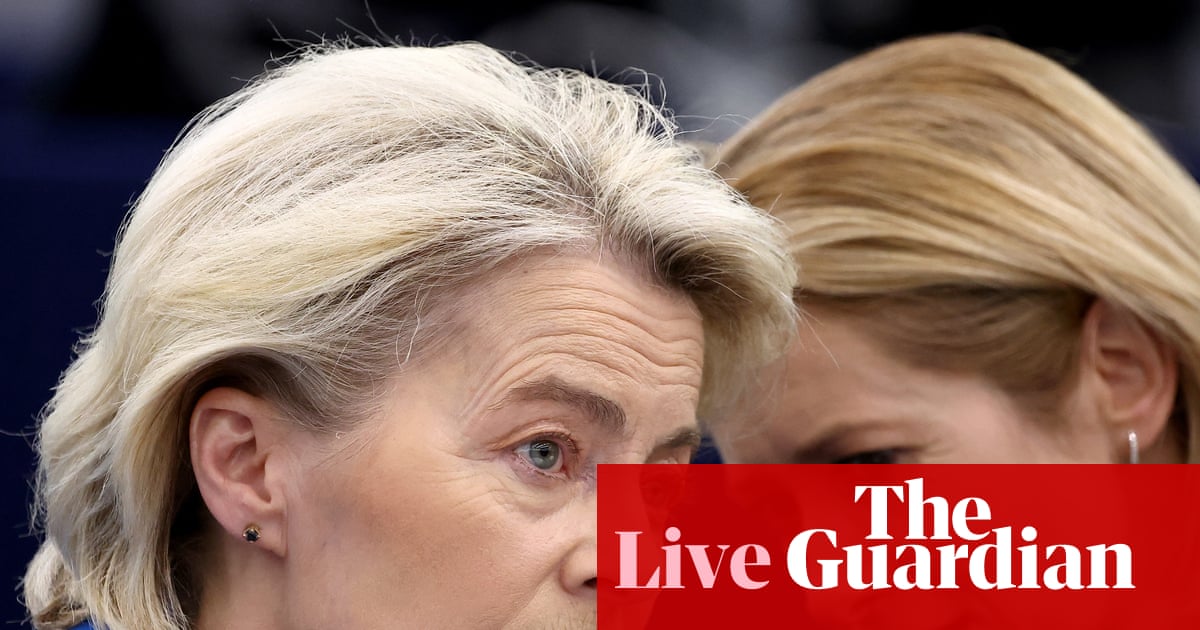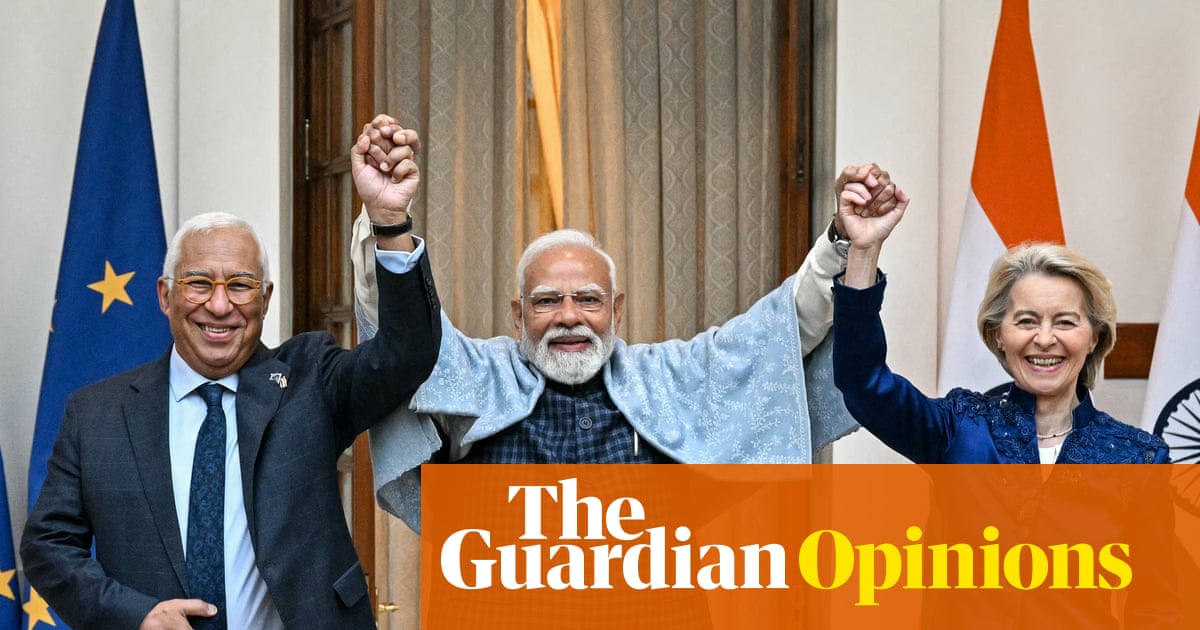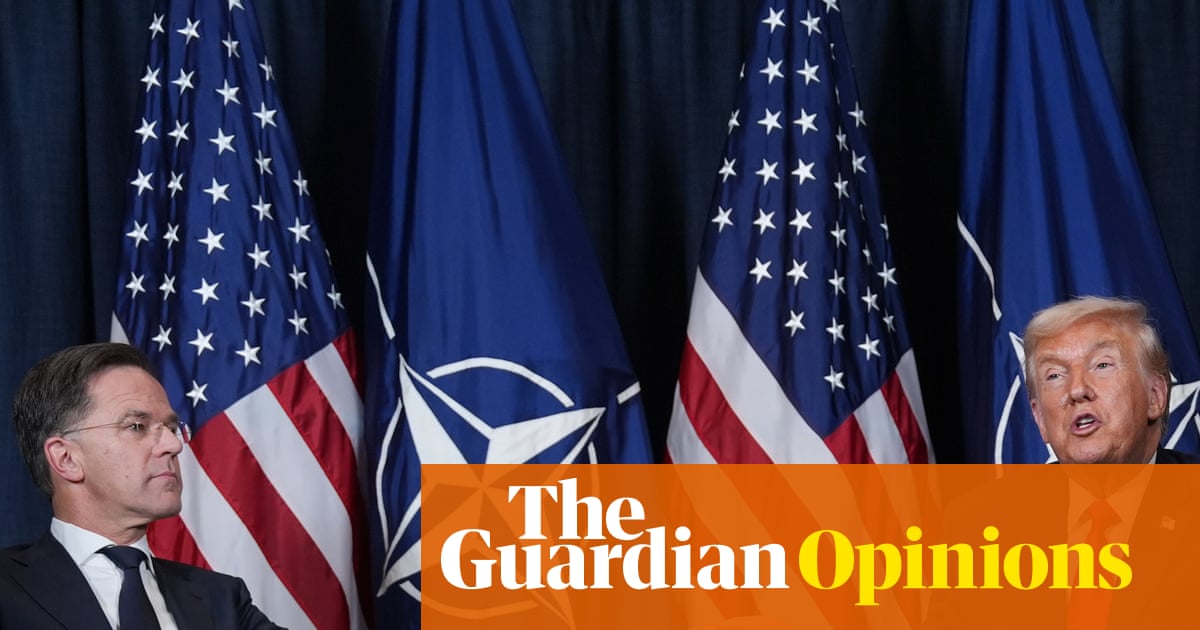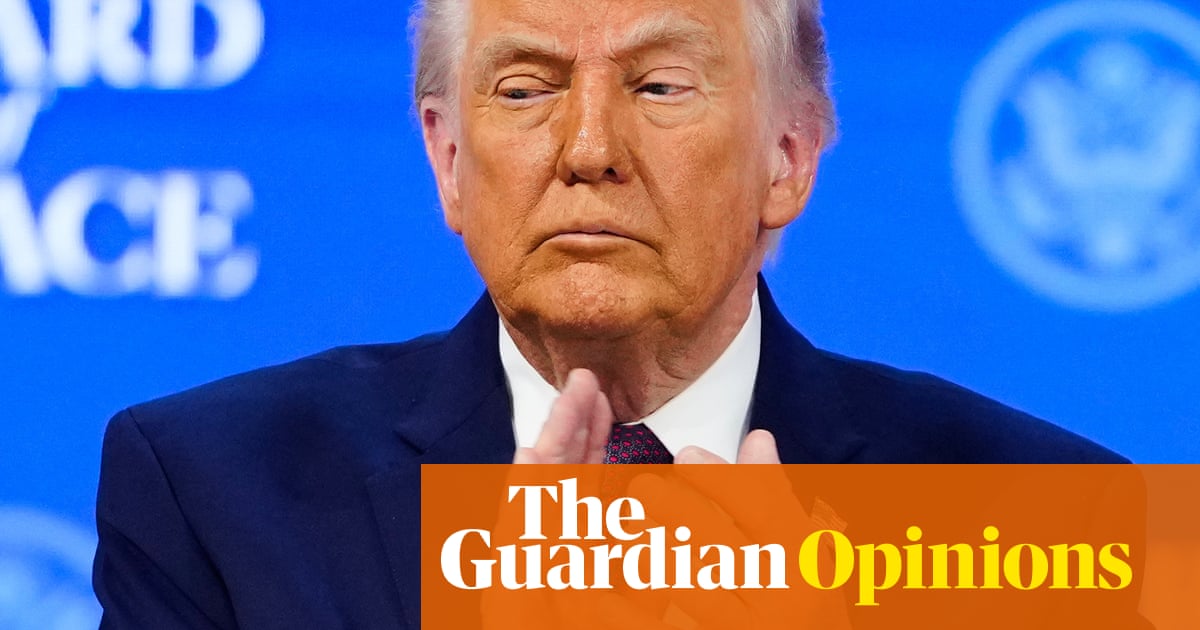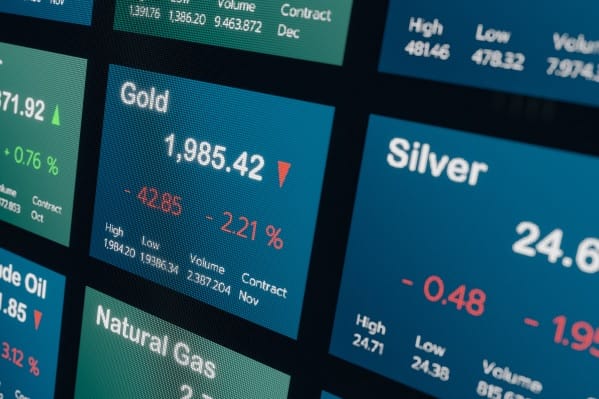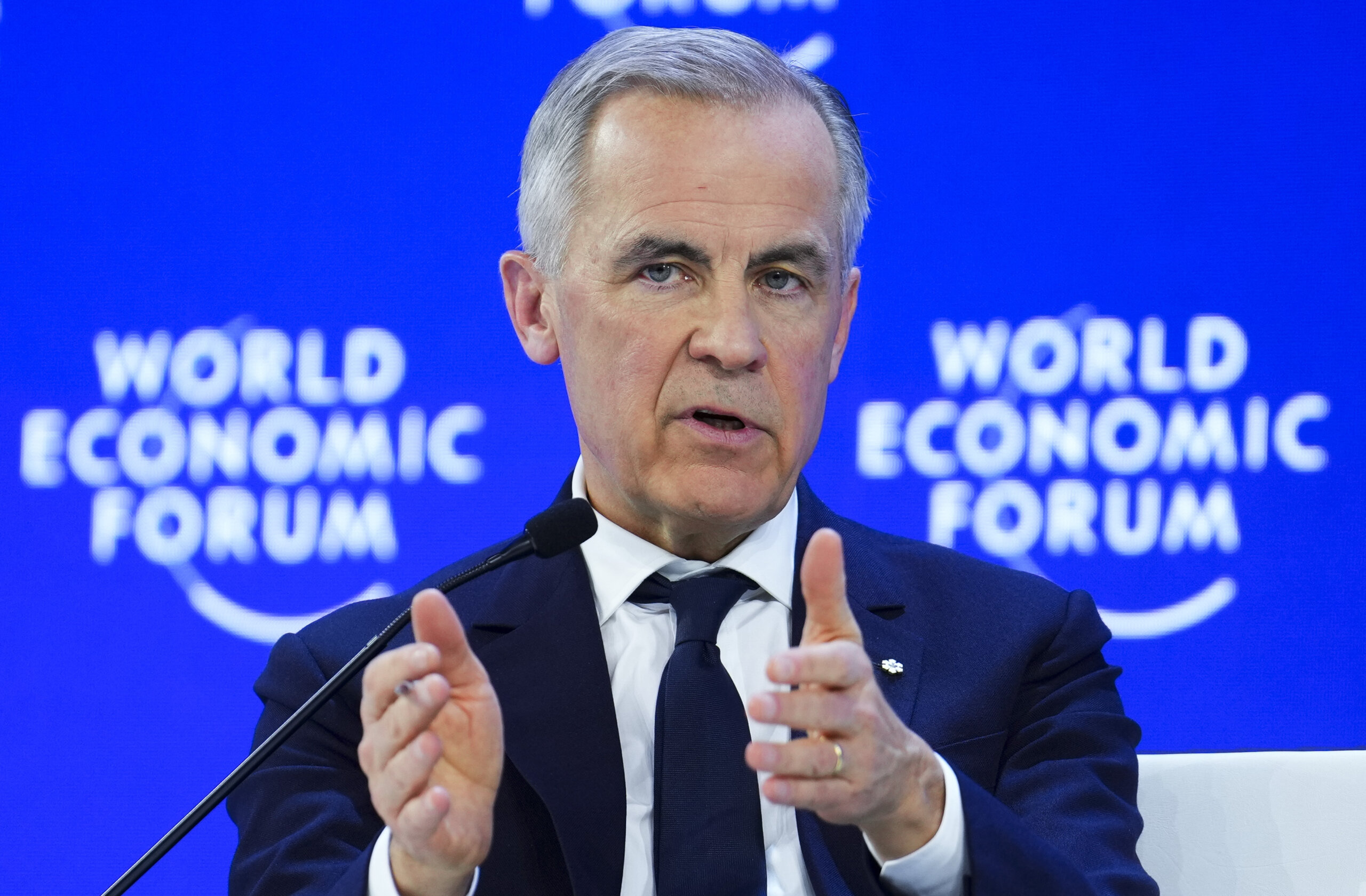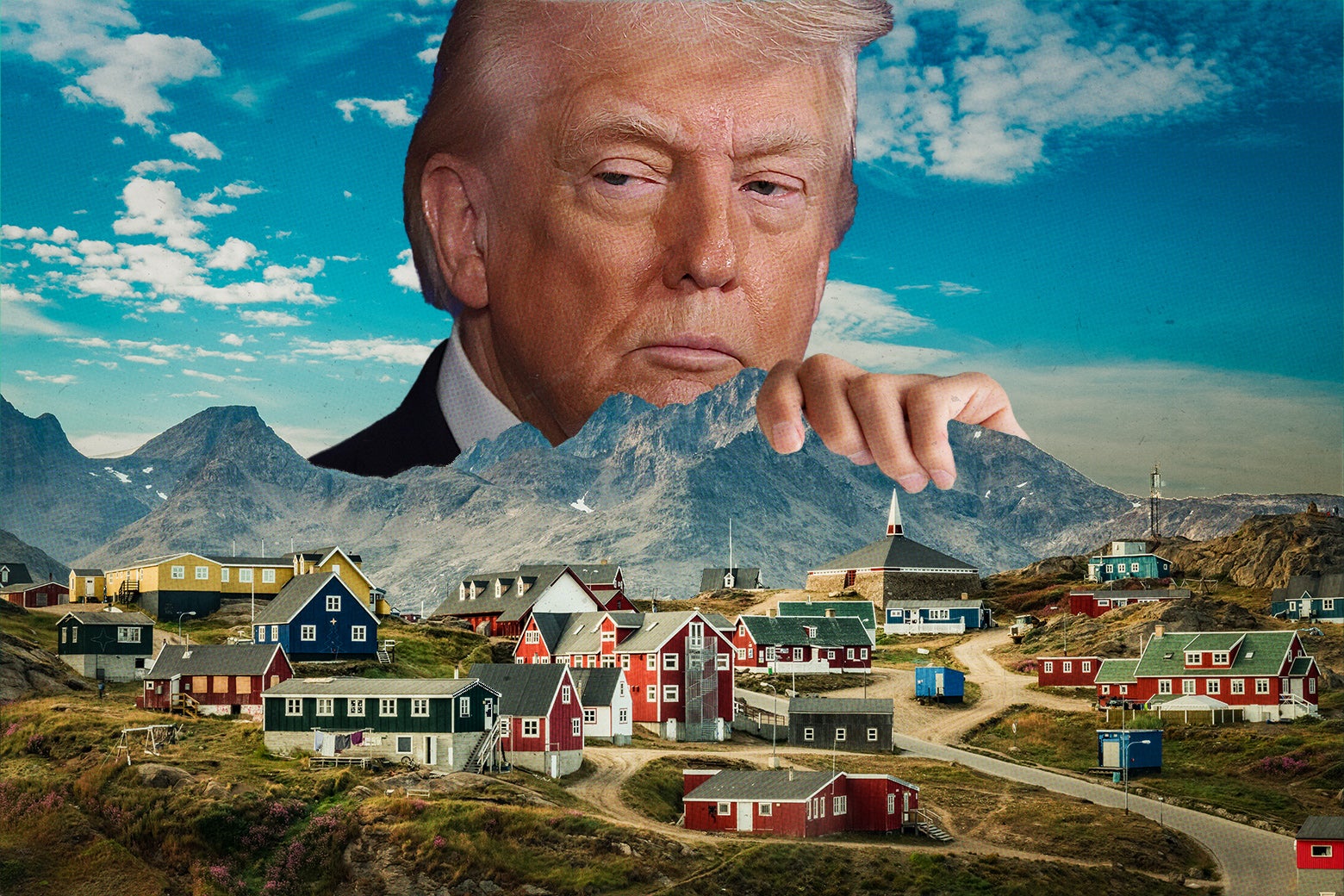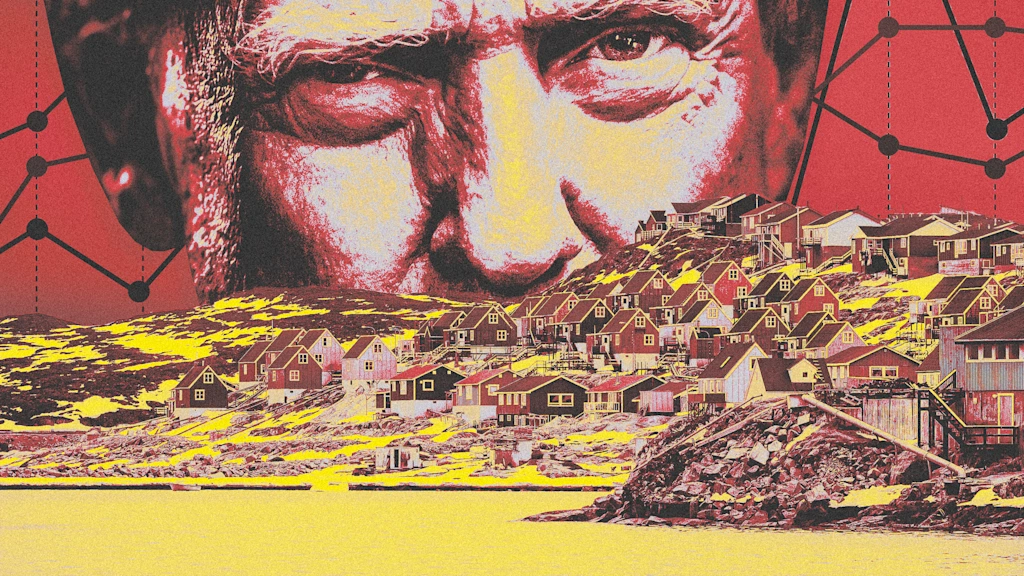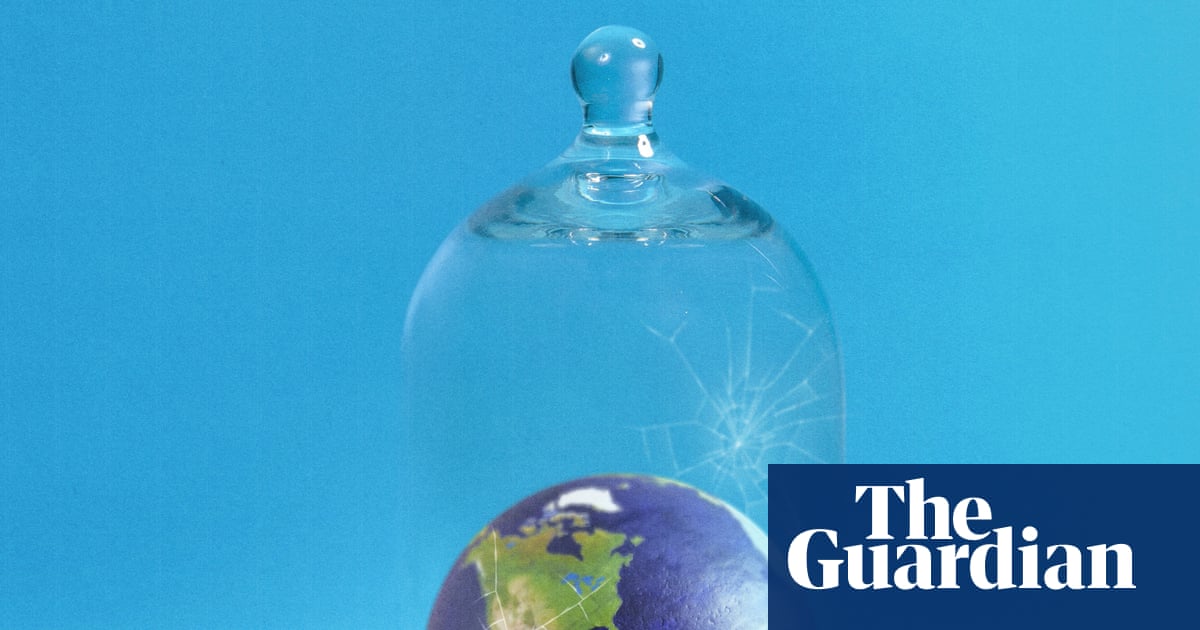#geopolitics
#geopolitics
[ follow ]
#greenland #us-foreign-policy #tariffs #rare-earths #climate-change #artificial-intelligence #trump #mining
fromenglish.elpais.com
3 days agoWhy Trump isn't worried about a weaker dollar as markets (and the ECB) grow uneasy
as it has little or nothing to do with the economic cycle: it is the financial world's response to the global order proposed by the U.S. president, whose first commandment (or second, depending on the day) is to limit risk. And from political fragmentation and the speed at which it is unfolding a different financial world is emerging, one in which the dollar and the U.S. have lost part of their aura of exceptionalism.
World news
fromwww.theguardian.com
4 days agoThe Guardian view on Keir Starmer in China: engagement is necessary, caution is vital | Editorial
It has been clear for many years that China's status as a second global superpower poses challenges to the world's democracies. Donald Trump's marauding behaviour as president of the first-placed superpower makes those challenges more acute. In the past, the UK's relationship with Beijing has been anchored, and sometimes dictated, by the alliance with Washington. Mr Trump's contempt for former allies, expressed as sabotage of Nato and a scattergun imposition of tariffs, scrambles the old strategic calculus.
UK politics
World news
fromwww.theguardian.com
4 days agoSanctions are economic warfare with civilians as collateral damage | Kenneth Mohammed
Sanctions operate as instruments of economic warfare that harm civilians, depress growth, increase inequality, and serve geopolitical domination more than targeted human-rights protection.
fromArtforum
5 days agoJean Katambayi Mukendi's esoteric technologies
THE TITLE OF THE KW SHOW is "RATIO." The term comes from economics, this idea of balance. But I'm applying it to the conflict here in the DRC, which is based around our strategic rare minerals. I'm talking about customs, electronics, space, minerals. In my country, we only ever talk about making phones, about buying a new phone. I advise young people who are looking at the front of their phone-at the screen-to keep the back of their phone in mind;
Arts
Artificial intelligence
fromBusiness Insider
5 days ago7 of the most interesting quotes from Anthropic CEO's sprawling 19,000-word essay about AI
AI presents a serious civilizational challenge: risks can be managed with decisive action, but global competition and irresponsible tech diffusion risk severe harm.
Europe politics
fromwww.theguardian.com
6 days agoEurope is at a turning point. Timid EU elites should take lessons from The Leopard
Europe faces potential absolute decline as geopolitical rivals press influence, domestic elites pursue managed decline, and cultural reflection may offer lessons for political renewal.
US politics
fromNew York Daily News
2 years agoAdams adviser Frank Carone meets Azerbaijani official to talk 'geopolitical issues,' unnerving human rights observers
Frank Carone met Azerbaijani chief of staff Hikmet Hajiyev in Baku to discuss geopolitical issues while leading Mayor Adams' reelection campaign.
US politics
fromFortune
1 week agoTrump's National Defense Strategy declares 'sharp shift,' tells allies to take care of their own security | Fortune
U.S. defense strategy prioritizes Western Hemisphere dominance, urges allies to assume more defense burden, and prepares to secure key terrain if partners fail.
World news
fromLondon Business News | Londonlovesbusiness.com
1 week agoPutin threatens 'genetics' weapon more lethal than the 'atomic bomb' - London Business News | Londonlovesbusiness.com
Genetics-based weapons are presented as potentially more dangerous than atomic bombs, prompting calls to prioritize technological superiority in genetics, AI, and biotechnology.
World news
fromBusiness Insider
1 week agoFrom the workplace to geopolitics to robots: Our team's Davos takeaways
Davos 2026 signaled sober reassessment of AI ROI, a slower disruption timeline benefiting worker preparedness, and heightened geopolitical significance driven by President Trump's presence.
fromThe Globe and Mail
1 week agoBusiness Brief: Heralding the age of Western decline
U.S. President Donald Trump, with his lust for Greenland and hectoring of Europe, thinks the world is at his mercy,and thatthe U.S. is invincible. He's right on the first point. But he discovered this week that he's wrong about the second one. In Davos at the World Economic Forum, Trump climbed down on his Greenland threats after his actions caused chaos in the markets.
World news
World news
fromBusiness Insider
1 week agoI'm the CEO of a tourist company in Greenland. Trump's interest in Greenland used to be good for my tourism business. Now people are postponing their trips.
Raw Arctic provides premium, tailor-made adventure tours across Greenland, seeing a surge in interest after renewed U.S. attention while raising geopolitical concerns.
Miscellaneous
fromLondon Business News | Londonlovesbusiness.com
1 week agoRelief wave after Trump rolls back from tariffs threats - London Business News | Londonlovesbusiness.com
European equities jumped as US tariff and Greenland takeover threats eased, while gold held some support amid ongoing geopolitical volatility and fiscal concerns.
fromwww.theguardian.com
1 week agoMiddle powers assemble? Trump disorder prompts talk of new liberal alliances
Donald Trump has told the Davos economic forum without us, most countries would not even work, but for the first time in decades, many western leaders have come to the opposite conclusion: they will function better without the US. Individually and collectively, they have decided to live in truth the phrase used by the Czech dissident Vaclav Havel and referenced by the Canadian prime minister, Mark Carney, in his widely praised speech at Davos on Tuesday.
US politics
fromFast Company
1 week agoBitcoin and XRP are tumbling today as Trump ramps up tariff threats. What's happening with crypto?
Tuesday morning, Bitcoin was trading at around $91,000, which was down around 4.5% over the past five days. It had been trading around $95,000, but took a tumble late Sunday evening, suddenly falling to less than $93,000, and trended downward early Tuesday. Ethereum, or ETH, followed a similar trajectory: ETH values are down almost 8% over the past five days, and are currently trading just north of $3,000. XRP did the same and, as of Tuesday morning, is down roughly 7%.
World news
fromBusiness Insider
1 week agoTrump is dominating the Davos agenda and casting a chill over the global elite
The weather is sunny and (relatively) warm in Davos, but there's a definite chill in the air. Maybe it's the heightened security. Maybe it's the long lines already forming. Maybe it's that there are reportedly a lot more people here than there have been in a long time. Whatever the case, everyone seems to be on edge. Multiple attendees told me they were already feeling exhausted, as if we were halfway through the week, even though we're just getting started.
World news
fromLondon Business News | Londonlovesbusiness.com
1 week agoTrump slams UK's Chagos Islands deal as 'stupidity,' citing it as justification for Greenland takeover push - London Business News | Londonlovesbusiness.com
Trump continued, pacing now. He spoke of weakness, of maps redrawn by hesitation, of allies who handed away strategic ground and called it diplomacy. If Britain could give up islands in the Indian Ocean, he asked, why should America hesitate in the Arctic? Greenland entered the room like a ghost-vast, white, and suddenly very real.
World politics
Artificial intelligence
fromFortune
1 week agoLast year, AI hype wowed Davos. This year, leaders are obsessing over how to use the technology at scale | Fortune
Business leaders at Davos prioritize practical, leadership-driven AI deployment and scaling over hype, while geopolitical and market risks dominate the agenda.
fromFortune
2 weeks agoEU and Mercosur bloc of South American nations sign trade deal to end quarter-century of talks, just as Trump hits Europe with new tariffs | Fortune
The European Union and the Mercosur bloc of South American countries formally signed a long-sought landmark free trade agreement on Saturday, capping more than a quarter-century of torturous negotiations to strengthen commercial ties in the face of rising protectionism and trade tensions around the world. The signing ceremony in Paraguay's capital, Asunción, marks a major geopolitical victory for the EU in an age of American tariffs and surging Chinese exports, expanding the bloc's foothold in a resource-rich region increasingly contested by Washington and Beijing.
Miscellaneous
fromPsychology Today
2 weeks agoWe Do Not Have the Luxury to Be Bystanders in a Hybrid World
Meanwhile, signs that the planet's health is worsening are unmistakable. Last year was among the warmest on record globally, with average temperatures far above long-term baselines and heat driving more extreme weather worldwide. In 2025, brutal heatwaves baked much of the Indian subcontinent with temperatures near 48 °C, stressing health systems and agriculture across India and Pakistan. Europe and the Mediterranean faced record wildfires and prolonged heat, forcing tens of thousands to evacuate and worsening drought conditions.
World news
fromwww.aljazeera.com
2 weeks agoWhy is Venezuela uninvestable' for Big Oil?
After seizures, sanctions and collapse, can Venezuela ever win back Big Oil's trust? US President Donald Trump says removing President Nicolas Maduro is about reclaiming Venezuela's oil. But as Washington pushes for access, major oil companies are hesitating. Why is Venezuela being labeled uninvestable, and what does that skepticism reveal about power, instability and the future of Venezuela's vast oil reserves?
World news
fromenglish.elpais.com
2 weeks agoArctic warming Trump dismisses reaches record highs, stoking interest in Greenland
Climate change which U.S. President Donald Trump calls the greatest con job ever perpetrated in the world is precisely what is driving the push to gain control of Greenland, an ambition openly declared by Trump. Human-caused global warming is reaching record levels in the Arctic region. This triggers ice melt, opening new shipping routes that major powers want to control, as well as theoretically easier access to the island's resources minerals and fossil fuels.
Environment
fromTheregister
2 weeks agoThe world is one bad decision away from a silicon ice age
For a world economy driven by consumerism, it's become markedly unkind to consumers. This goes double - literally - for digital tech, where memory prices have increased by between 100 and 250 percent in six months. If you think GPUs are pricey now, you'll only have to wait six weeks, during which both AMD and Nvidia are expected to demonstrate supply-side economics much as the Road Runner demonstrated gravity to Wile E Coyote.
World news
World news
fromwww.theguardian.com
3 weeks agoTrinidad and Tobago went all in with the US it will prove a costly misjudgment | Kenneth Mohammed
Trinidad and Tobago's public alignment with the United States collapsed strategic neutrality, leaving the nation economically, diplomatically, and potentially militarily exposed.
fromLondon Business News | Londonlovesbusiness.com
3 weeks agoDefence stocks soar with BAE leading the pack - London Business News | Londonlovesbusiness.com
I still like European defence as a theme. The rearmament story is yet to really even begin and whilst we have seen a material rerating in several large defence names on the continent and in the UK, a selloff in the autumn on some fuzzy 'Ukraine peace deal hope' trade is overdone and fails to capture the long-term value in the sector.
Miscellaneous
US news
from24/7 Wall St.
3 weeks agoHere Are Wednesday's Top Wall Street Analyst Research Calls: Applied Digital, BigBear.ai, Block, Deckers Outdoors, GitLab, Hershey, McDonald's, Moderna, and More
U.S. stock benchmarks hit record highs led by tech momentum while Treasury yields were mixed and oil prices fell amid supply and geopolitical concerns.
[ Load more ]

